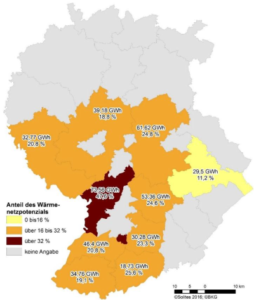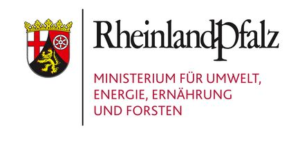Study for the Heat Transition in the Region Eifel and Trier (Germany)
Subject
- Solar thermal energy
- District heating
- Market & Policy
Task
- Study
Funding
- Public funds
Period
11/2015 – 04/2016
Budget
n/a
Description
Is the heat transition in a rural area like the region of Eifel and Trier possible? Which strategies are suitable for achieving this aim?
These questions are answered within the study. The partner consortium focussed on the analysis of local ressources and values for obtaining a detailed picture of the possibilities in the region.
Client
Ministry for Environment, Energy, Food and Forestry of the State of Rheinland-Pfalz
Partner
- Steinbeis Research Institute Solites (DE)
- Institute for FutureEnergy and Material Flows IZES gGmbH (DE) (Coordinator)
- Utilitiy of Trier AöR (DE)
- Energy Agency Region Trier GmbH (DE)
- Ecoscop Company for Environmental Consulting mbH (DE)
- University of Applied Sciences of Trier (DE)
Aim
The regional government of Rheinland-Pfalz aims at a reduction of Greenhouse Gas (GHG) emissions of 40 % until 2020 and of 90 % until 2050. This implies the necessity to transform also the heating sector to carbon neutrality.
The study analyses how this aim can be achieved for the region of Eifel and Trier in an exemplary way.
Implementation
The study includes following parts:
- Analysis of the sectoral heat demand
- Heat generation potential
- Efficiency potential of the building sector
- Development of scenarios
Results
The study shows that the heat transition requires enormous efforts and new concepts.
None of the derived scenarios is sufficient for achieving the ambitious aims of the State of Rheinland-Pfalz, for reducing GHG emissions by 90 % until the year 2050.

Downloads and links
Study for the Heat Transition in Eifel and Trier (German paper only)
Contact
Thomas Pauschinger
pauschinger@solites.de
This project has received funding from

The sole responsibility for the content of this webpage lies with the authors. It does not necessarily reflect the opinion of the funding organization. Neither the funding organization nor the author are responsible for any use that may be made of the information contained therein.